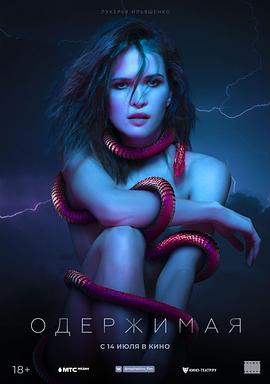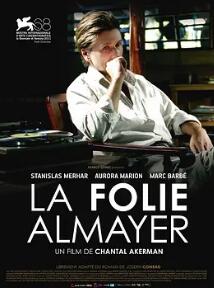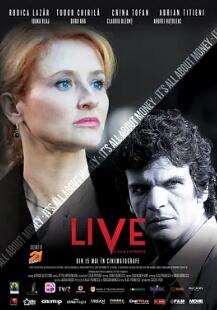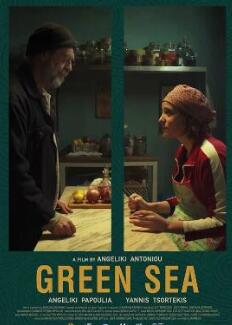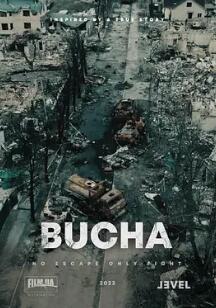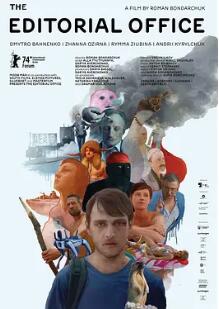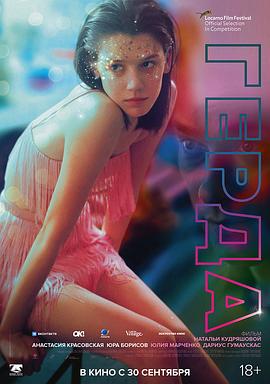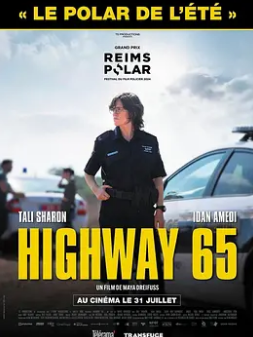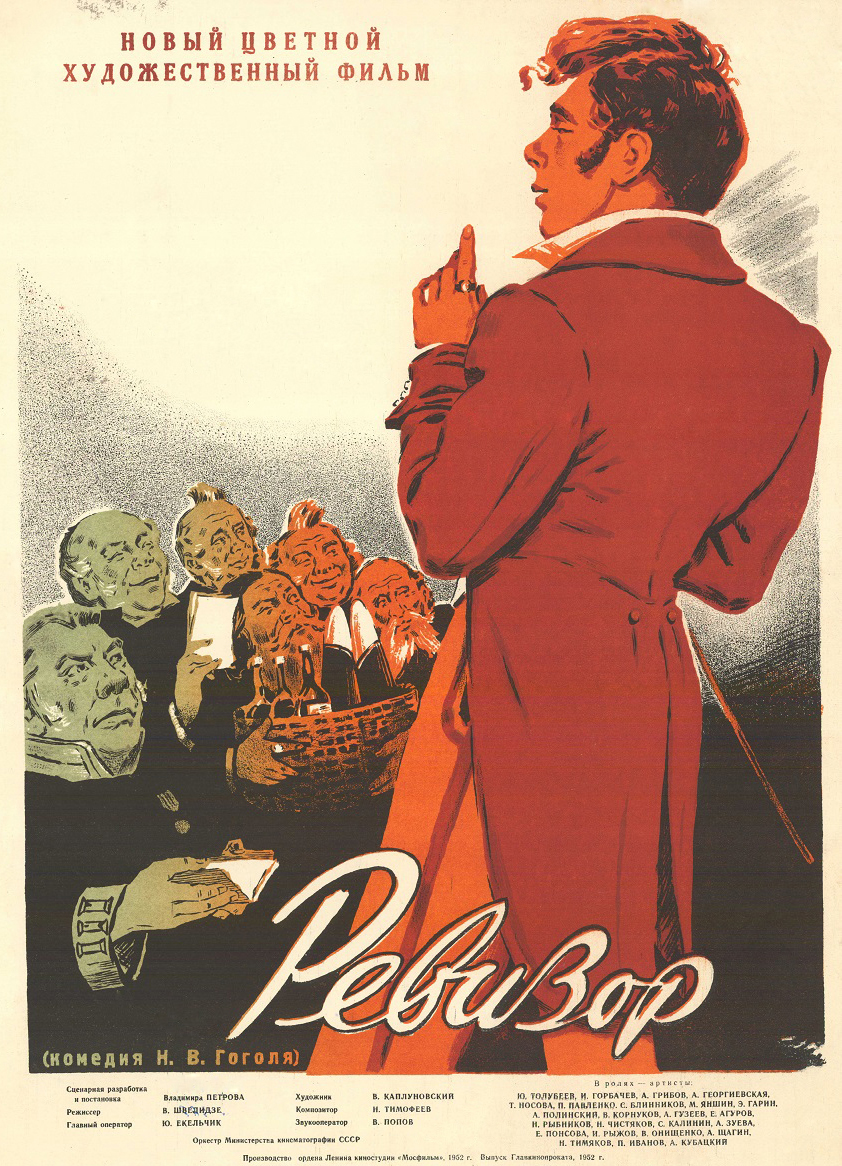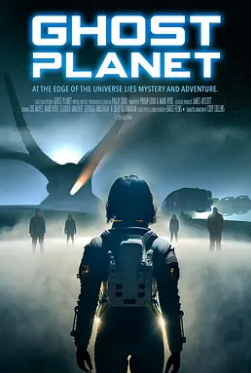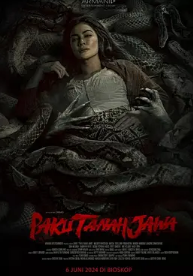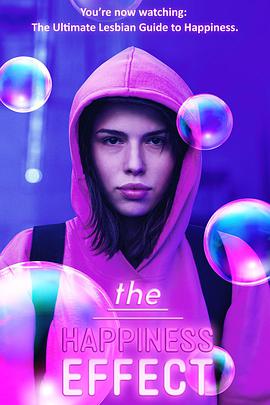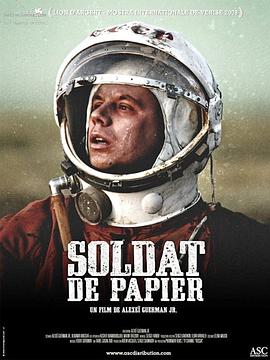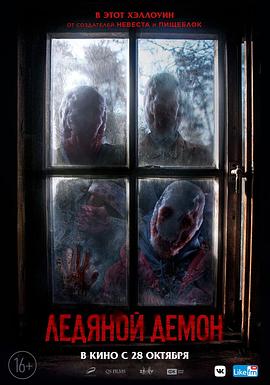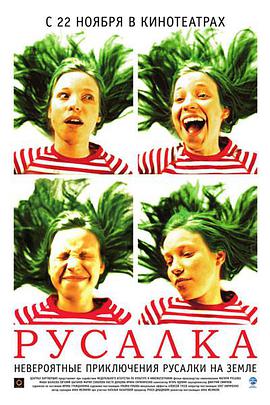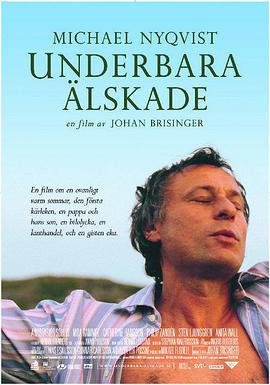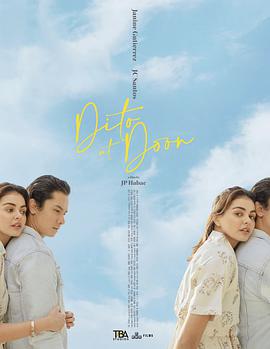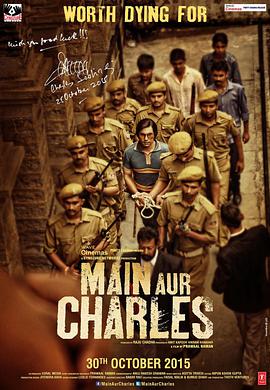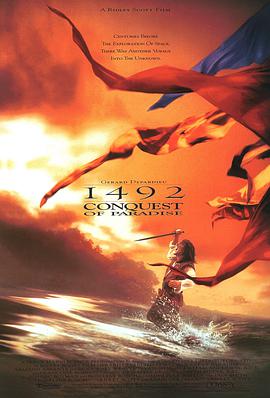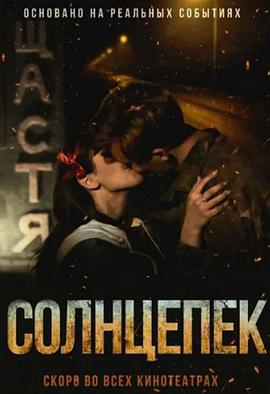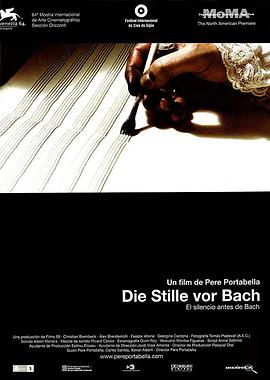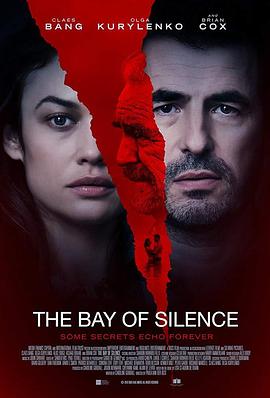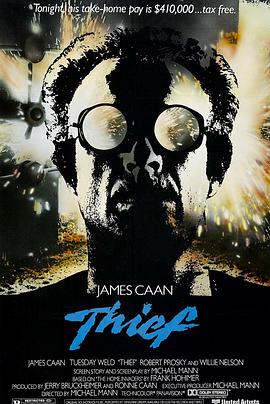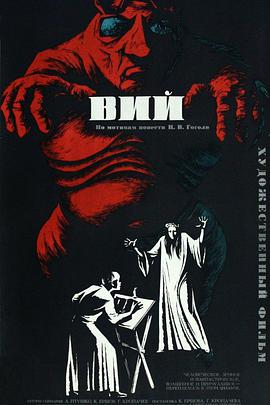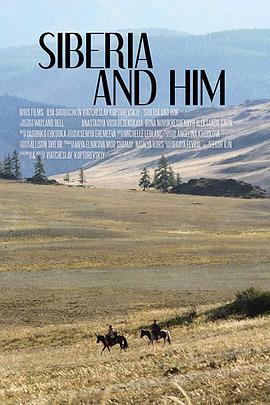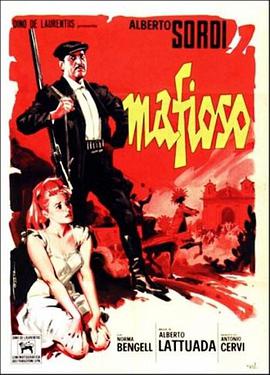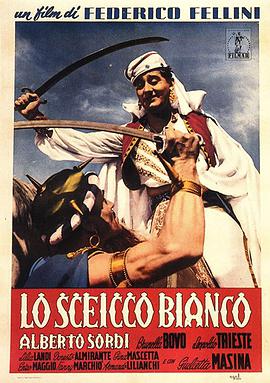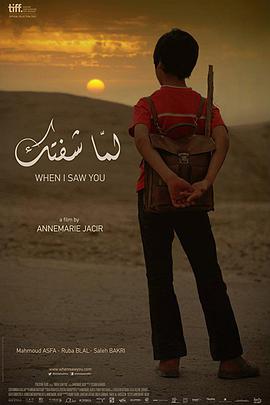Anas
搜索"Anas" ,找到 134部影视作品
导演:
/
弗拉德·鲍奈斯库
主演:
剧情:
Ema is the successful TV anchor of a national TV broadcaster, the star of a tabloid show. A perfectionist, she has no hesitation in putting at steak her health or money for higher ratings. One of her cases brings her in a middle of a huge scandal which will dramatically change her life. Ema will discover that behind all things happening to her are unexpected characters...
导演:
/
Stanislav Tiunov
主演:
剧情:
Konstantin Gudauskas is a Jew born in Kazakhstan, but received political asylum in Ukraine. After the Russian invasion begins on 24 February 2022, he is able to travel freely to the occupied territories and evacuate civilians from there thanks to his Kazakh passport. During the next months he saves 203 people by taking them out of the occupied territories. Konstantin observes firsthand the horrors of war and the atrocities of the Russian occupation. Throughout this time he is advised and guided by a woman, Haide Rizaeva, a Crimean Tatar, employee of the Main Intelligence Directorate.
导演:
/
罗曼·邦达尔丘克
主演:
剧情:
Yura, working at a local nature museum, looking for a rare species, witnesses an arson in the forest. He brings the photos to a local newspaper, and gets a job there. With his new profession it dawns to him that the reality around him is a far cry from what is written in the newspaper.
导演:
/
Natalia Kudryashova
主演:
剧情:
Lera is a sociology student你好 伦敦 at a small-town university. Her mother is a sleepwalker who believes in miracles, and her father just left the family for another woman. Lera has no idea how to make her 神奇宝贝第一部国语版全集life better. And one more thing: a spirit keeps visiting her dreams at night. And the harder Lera's life棋魂国语版 gets, the more often she has these dreams. That is, until the spirit steps into the world of the living.
导演:
/
玛雅·德雷弗斯
主演:
剧情:
Far from Tel Aviv and big city crimes, Daphna, 40, a promising police officer with a big mouth, finds herself in the small town of Afula dealing with petty crimes, seeking shade from the scorching heat, taking care of her aggressive cat, but more importantly, dodging the nagging question:" When are you going to get married, and have children?". The disappearance of Orly Elimeleh, a beautiful and wild 36 year-old army widow and former beauty queen, soon raises another troubling question for Daphna - why isn't anybody looking for her? This indifference towards Orly's uncertain fate shakes Daphna to the core as she begins to identify with her and to suspect the worst. Her concern gradually consumes her life, blurs her reality and causes her to question whether she is just imagining things, or is she on the contrary, the only one seeing things clearly. Matan, the younger 34 year-old son and "black sheep" of the powerful Oheyon's, Orly's late husband's family, seems to be the only one who ...
导演:
/
Bambang Drias
主演:
剧情:
Ningrum has had to face negative views from local residents since childhood because her mother, Handini, was always a生活大爆炸4ccused of having sex with many men. The death of one of Handini's close friends further plunges her family into local gossip. Ningrum's life becomes increasingly uneasy whe初五启示录n the man she secretly loves, named Jalu, is trapped as Handini's new sacrifice. Ningrum has to face various supernatural terrors. Finally, Ningrum got a clue and asked for help from a Kyai who gave him a powerful spear to destroy black magic on earth.
导演:
/
Egor Anashkin
主演:
剧情:
1911年萨莎·梅谢尔斯卡娅 (Sasha Meshcherskaya) 毕业于贵族少女学院,回到了一个省级小镇。她家庭的幸福取决于她与慈爱的叔叔、军火工厂老板尼古拉·舒米洛夫的关系。萨申卡的父母伊万·谢尔盖耶维奇·梅无职转生樱花谢尔斯基王子和玛丽亚·伊利尼奇纳王子梦想着他们的女儿尽快结婚,而她本人也梦想着成为一名建筑师。为了取悦父母,萨莎结识了新朋友,并陷入政治六少利益攸关的阴谋漩涡。冷血的谋杀、勒索、错综复杂的阴谋以及逃避侦查的大胆挑衅者——这一切都让这位热情的女学生着迷。不知不觉中,萨莎成为了恐怖分子催眠的理想对象。
导演:
/
Borjan Zafirovski
主演:
剧情:
Lea is a young girl on the brink of death. She begins her final challenge, a thesis that seeks proof in the belief that happiness can be multiplied, as can the feelings of sadness, loneliness, and misery. Unfolding the research, she discov我的好妈妈3免费观看ers the "Werther Effect", a phenomenon that creates a negative domino effect. She turns to her work on a project which will achieve the opposite effect, something which would be named the "happiness effect". Utilizing an eclectic, individualistic appr泉州闽南人才网oach to experimentation and the power of positive thinking, connections and equations lead her on a path to uncover ultimate happiness.
导演:
/
伊凡·卡普托诺夫,辛迪·罗宾逊
剧情:
克尤莎几乎不记得她的父亲:他在她还小雪中悍刀行40集免费观看的时候失踪了。10年后的今天,他冰冷的尸体在山中被发现。令人难以置信的是,尽管他处于昏迷状态,但他仍显示出生命迹象。在这种状态下,他被带回家。克尤莎的母亲很久以前再婚了,前主人的回归破坏了家庭的平静生活:房子里开始发生令人费解的可怕事情,带来致命的威胁,克尤莎的母亲的行为越来越奇怪…… 女孩开始怀疑,和她父亲一起,某种超自然的、冰冷的、无生命的东西来到了他们家。现在克尤莎和电影红樱桃她的继父必须保护这个家庭不受恶魔的伤害。
导演:
/
Anna Melikyan
剧情:
俄罗斯黑海之滨,六岁的小女孩爱丽莎(Anastasiya Dontsova 饰)和母亲(Mariya Sokova野花视频免费观看完整版 饰)、祖母住在一起。平日里祖孙二人呆在家中,母亲辛苦赚钱,怨声载道。小爱丽莎希望学习芭蕾舞,但遭到母亲的反对,结果被送进了合唱班。在一次日食过后,爱丽莎决定不发一言,母亲四处求医,向往的生活第五季免费观看最后无奈将女儿送入特等学校。爱丽莎(Mariya Shalayeva 饰)在这里度过十年岁月,并自认为学会了如何心想事成的特异功能。她的愿望让枯燥无聊的生活多姿多彩,虽然时常有不好的我的好妈妈中字在线观看韩国事情发生…… 本片荣获2008年柏林国际电影节影评人费比西奖、2008年卡萝维瓦莉国际电影节最佳独立电影、2008年圣丹斯电影节导演奖等。
导演:
/
雷德利·斯科特
剧情:
500年前,充满迷信色彩的西班牙,认为海洋的尽头有魔鬼守侯著,只有航海家哥伦布坚信,海洋的尽头是一片新土地,几经辛苦说服女皇资助冒险旅程的他终于发现新大陆,可惜贵族们都视这土地为猪肉,只有他愿意维持乐土的自然纯朴,终被奸人灰狼视频排拆,究竟现实与梦想的距离,会否动摇这位梦想家的坚持呢? -幕后花絮 影片描写的是著名航海家哥伦布的航海故事,重点刻画的是哥伦布的社会性。韩国三级2018新电影以其子费尔南多的回忆的形式,对其颠沛流离的一生进行了追述。通过影片我们可以看到,作为一名航海冒险家,哥伦布绝对是成功的伟人;但若将他视作一个普通人,他又是一个可叹的失99久热国产精品视频败者。影片生动地再现了哥伦布丰富多彩的社会生活经历,他那富有理想的心智和勇敢无畏的精神,还有那粗暴蛮横的坏脾气和贪婪攫取的性格。
导演:
/
马克西姆·布里乌斯,Mikhail Vasserbaum
主演:
剧情:
卢甘斯克地区,2014 年 5 蜜芽781 coon月。Novozhilov 一家偶然发现自己身处卢甘斯克的各种事件之中。弗拉德·诺沃日洛夫(Vlad Novozhilo男人帮高清迅雷下载v)曾是阿富汗战争的参与者。他知道什么是战争,在他那个时代已经看到了足够多的战争恐怖,原则上他甚至不想碰武器。在某种情况下,他只看到一条出路——离开这个国家。但是你不能逃避战争,边界已经关闭。为了拯救他的家人,他将不得不做出艰难的道德钢铁侠3 字幕选择
导演:
/
佩雷·波尔塔贝利亚
主演:
剧情:
“The Silence before Bach” is an approach to music and the trades and subjects that surround it through Bach歪歪漫画登录页面环球’s works. A look at the profound dramaturgic relationship between image and music where the latter is not merely conceived as subsidiary to the image but as a subject of the narration in its own righ炫舞免费挂t. The film springs from a previously defined musical structure. The soundtrack feeds on works by J.S 野花视频最新免费完整版在线观看Bach and two of Felix Mendelssohn’s sonatas to create an architectural vault beneath which the story of the film unfolds ; a promenade through the XVIIIth, XIXth and XXIth centuries led by the hand of J.S. Bach.
导演:
/
斯坦尼斯拉夫·罗泽维格
主演:
剧情:
In 1961, Stanislaw Rozewicz created the novella film "Birth Certificate" in cooperation with his brother, Taduesz Rozewicz as screenwriter. Such brother tandems are rare in the history of film but aside from family ties, Stanislaw (born in 1924) and Taduesz (born in 1921) were mutually bound by their love for the cinema. They were born and grew up in Radomsk, a small town which had "its madmen and its saints" and most importanly, the "Kinema" cinema, as Stanislaw recalls: for him cinema is "heaven, the whole world, enchantment". Tadeusz says he considers cinema both a charming market stall and a mysterious temple. "All this savage land has always attracted and fascinated me," he says. "I am devoured by cinema and I devour cinema; I'm a cinema eater." But Taduesz Rozewicz, an eminent writer, admits this unique form of cooperation was a problem to him: "It is the presence of the other person not only in the process of writing, but at its very core, which is inserperable for me from absolute solitude." Some scenes the brothers wrote together; others were created by the writer himself, following discussions with the director. But from the perspective of time, it is "Birth Certificate", rather than "Echo" or "The Wicked Gate", that Taduesz describes as his most intimate film. This is understandable. The tradgey from September 1939 in Poland was for the Rozewicz brothers their personal "birth certificate". When working on the film, the director said "This time it is all about shaking off, getting rid of the psychological burden which the war was for all of us. ... Cooperation with my brother was in this case easier, as we share many war memories. We wanted to show to adult viewers a picture of war as seen by a child. ... In reality, it is the adults who created the real world of massacres. Children beheld the horrors coming back to life, exhumed from underneath the ground, overwhelming the earth." The principle of composition of "Birth Certificate" is not obvious. When watching a novella film, we tend to think in terms of traditional theatre. We expect that a miniature story will finish with a sharp point; the three film novellas in Rozewicz's work lack this feature. We do not know what will be happen to the boy making his alone through the forest towards the end of "On the Road". We do not know whether in "Letter from the Camp", the help offered by the small heroes to a Soviet prisoner will rescue him from the unknown fate of his compatriots. The fate of the Jewish girl from "Drop of Blood" is also unclear. Will she keep her new impersonation as "Mary爱神之手sia Malinowska"? Or will the Nazis make her into a representative of the "Nordic race"? Those questions were asked by the director for a reason. He preceived war as chaos and perdition, and not as linear history that could be reflected in a plot. Although "Birth Certificate" is saturated with moral content, it does not aim to be a morality play. But with the immense pressure of reality, no varient of fate should be excluded. This approached can be compared wth Krzysztof Kieslowski's "Blind Chance" 25 years later, which pictured dramatic choices of a different era. The film novella "On the Road" has a very sparing plot, but it drew special attention of the reviewers. The ominating overtone of the war films created by the Polish Film School at that time should be kept in mind. Mainly owing to Wajda, those films dealt with romantic heritage. They were permeated with pathos, bitterness, and irony. Rozewicz is an extraordinary artist. When narrating a story about a boy lost in a war zone, carrying some documents from the regiment office as if they were a treasure, the narrator in "On the Road" discovers rough prose where one should find poetry. And suddenly, the irrational touches this rather tame world. The boy, who until that moment resembled a Polish version of the Good Soldier Schweik, sets off, like Don Quixote, for his first and last battle. A critic described it as "an absurd gesture and someone else could surely use it to criticise the Polish style of dying. ... But the Rozewicz brothers do no accuse: they only compose an elegy for the picturesque peasant-soldier, probably the most important veteran of the Polish war of 1939-1945." "Birth Certificate" is not a lofty statement about national imponderabilia. The film reveals a plebeian perspective which Aleksander Jackieqicz once contrasted with those "lyrical lamentations" inherent in the Kordian tradition. However, a historical overview of Rozewicz's work shows that the distinctive style does not signify a fundamental difference in illustrating the Polish September. Just as the memorable scene from Wajda's "Lotna" was in fact an expression of desperation and distress, the same emotions permeate the final scene of "Birth Certificate". These are not ideological concepts, though once described as such and fervently debated, but rather psychological creations. In this specific case, observes Witold Zalewski, it is not about manifesting knightly pride, but about a gesture of a simple man who does not agree to be enslaved. The novella "Drop of Blood" is, with Aleksander Ford's "Border Street", one of the first narrations of the fate of the Polish Jews during the Nazi occupation. The story about a girl literally looking for her place on earth has a dramatic dimension. Especially in the age of today's journalistic disputes, often manipulative, lacking in empathy and imbued with bad will, Rozewicz's story from the past shocks with its authenticity. The small herione of the story is the only one who survives a German raid on her family home. Physical survial does not, however, mean a return to normality. Her frightened departure from the rubbish dump that was her hideout lead her to a ruined apartment. Her walk around it is painful because still fresh signs of life are mixed with evidence of annihilation. Help is needed, but Mirka does not know anyone in the outside world. Her subsequent attempts express the state of the fugitive's spirits - from hope and faith, moving to doubt, a sense of oppression, and thickening fear, and finally to despair. At the same time, the Jewish girl's search for refuge resembles the state of Polish society. The appearance of Mirka results in confusion, and later, trouble. This was already signalled by Rozewicz in an exceptional scene from "Letter from the Camp" in which the boy's neighbour, seeing a fugitive Russian soldier, retreats immediately, admitting that "Now, people worry only about themselves." Such embarassing excuses mask fear. During the occupation, no one feels safe. Neither social status not the aegis of a charity organisation protects against repression. We see the potential guardians of Mirka passing her back and forth a乔染厉谨言小说mong themselves. These are friendly hands but they cannot offer strong support. The story takes place on that thin line between solidarity and heroism. Solidarity arises spontaneously, but only some are capable of heroism. Help for the girl does not always result from compassion; sometimes it is based on past relations and personal ties (a neighbour of the doctor takes in the fugitive for a few days because of past friendship). Rozewicz portrays all of this in a subtle way; even the smallest gesture has significance. Take, for example, the conversation with a stranger on the train: short, as if jotted down on the margin, but so full of tension. And earlier, a peculiar examination of Polishness: the "Holy Father" prayer forced on Mirka by the village boys to check that she is not a Jew. Would not rising to the challenge mean a death sentance? Viewed after many years, "Birth Certificate" discloses yet another quality that is not present in the works of the Polish School, but is prominent in later B-class war films. This is the picture of everyday life during the war and occupation outlined in the three novellas. It harmonises with the logic of speaking about "life after life". Small heroes of Rozewicz suddenly enter the reality of war, with no experie小说山楂树之恋nce or scale with which to compare it. For them, the present is a natural extension of and at the same time a complete negation of the past. Consider the sleey small-town marketplace, through which armoured columns will shortly pass. Or meet the German motorcyclists, who look like aliens from outer space - a picture taken from an autopsy because this is how Stanislaw and Taduesz perceived the first Germans they ever met. Note the blurred silhouettes of people against a white wall who are being shot - at first they are shocking, but soon they will probably become a part of the grim landscape. In the city centre stands a prisoner camp on a sodden bog ("People perish likes flies; the bodies are transported during the night"); in the street the childern are running after a coal wagon to collect some precious pieces of fuel. There's a bustle around some food (a boy reproaches his younger brother's actions by singing: "The warrant officer's son is begging in front of the church? I'm going to tell mother!"); and the kitchen, which one evening becomes the proscenium of a real drama. And there are the symbols: a bar of chocolate forced upon a boy by a Wehrmacht soldier ("On the Road"); a pair of shoes belonging to Zbyszek's father which the boy spontaneously gives to a Russian fugitive; a priceless slice of bread, ground under the heel of a policeman in the guter ("Letters from the Camp"). As the director put it: "In every film, I communicate my own vision of the world and of the people. Only then the style follows, the defined way of experiencing things." In Birth Certificate, he adds, his approach was driven by the subject: "I attempted to create not only the texture of the document but also to add some poetic element. I know it is risky but as for the merger of documentation and poety, often hidden very deep, if only it manages to make its way onto the screen, it results in what can referred to as 'art'." After 1945, there were numerous films created in Europe that dealt with war and children, including "Somewhere in Europe" ("Valahol Europaban", 1947 by Geza Radvanyi), "Shoeshine" ("Sciescia", 1946 by Vittorio de Sica), and "Childhood of Ivan" ("Iwanowo dietstwo" by Andriej Tarkowski). Yet there were fewer than one would expect. Pursuing a subject so imbued with sentimentalism requires stylistic disipline and a special ability to manage child actors. The author of "Birth Certificate" mastered both - and it was not by chance. Stanislaw Rozewicz was always the beneficent spirit of the film milieu; he could unite people around a common goal. He emanated peace and sensitivity, which flowed to his co-workers and pupils. A film, being a group work, necessitates some form of empathy - tuning in with others. In a biographical documentary about Stanislaw Rozewicz entitled "Walking, Meeting" (1999 by Antoni Krauze), there is a beautiful scene when the director, after a few decades, meets Beata Barszczewska, who plays Mireczka in the novella "Drops of Blood". The woman falls into the arms of the elderly man. They are both moved. He wonders how many years have passed. She answers: "A few years. Not too many." And Rozewicz, with his characteristic smile says: "It is true. We spent this entire time together."
导演:
/
康斯坦丁·叶尔绍夫,格奥尔基·克罗帕乔夫
主演:
剧情:
The movie follows the original tale in a somewhat loose fashion, but manages to retain the majority of the images and action. A seminary student must survive three nights in prayer guarding the deceased witch maiden while she, along with an army of佛歌大悲咒下载 hellish demons, try to lure him out of his Holy Ring of Chalk.
导演:
/
Viatcheslav Kopturevskiy
主演:
剧情:
Meek farmhand Sasha and policeman Dima have a fraught relationship. They’re brothers-in-law, travel companions, and—secretly—lovers. Over the course of their journey to visit Sasha’s grandmothe我的好妈妈4在线观看中文版r, unspoken truths are uttered, intimacy is built, and authenticity is challenged. Although they may be far from the peering eyes of their oppressive society, their relationship teeters on a dangerous precipice. Selected and supported by the IFP Filmmaker Lab and destined to evoke both the breathtaking landscapes of BROKEBACK MOUNTAIN and the tragedy of a Dostoevsky novel, Viatcheslav Kopturevskiy’s auspicious deb奇怪的美发沙龙发在线看ut drama is an elliptical and much-needed examination of internalized homophobia, repression, and identity in a remote Siberian town.
导演:
/
阿尔贝托·拉图瓦达
剧情:
米兰的汽车厂车间主任尼奥(Alberto Sordi 饰)准备利用半个月的假期回西西里老家度假,临行前,他的上司托他给西西里的黑手党头目文森佐带一份礼品。尼奥与妻子玛塔踏上家乡的土地后兴奋莫名,他介绍自己庞大的家族给妻子认识,那些旧日朋友有些死于枪杀,有些正在牢里,还有极少数人因为背叛朋友而成为乡民眼中的行尸走肉,剩下来的那些相识则对尼奥的“米兰味”稍有提防。尼奥拜见文森佐,得到了这位黑帮老人的认可,曾经的战乱年代中,尼奥是文森佐的得力手下。玛塔用自己的努力得到了家人的认可,尼奥也找回了和家乡传统契合的心态。某天夜里,尼奥被父亲叫醒,受命执行一项黑手党无敌珊宝妹 电视剧的暗杀任务…… 本片获1963年圣塞巴斯蒂安国际电影节金贝壳奖。
导演:
/
安娜玛丽·雅西尔
主演:
剧情:
约旦,1四虎最近网站是多少967年。世界巨变:对能源的争夺、新潮流、新音乐、对未来憧憬的蔓延。在约旦,不同的变化在悄然发生:巴勒斯坦成千上万的难民正跨越边境线到约旦寻求避难。11岁的Tarek与母亲在难民队伍中,而他的父亲则在战乱中被迫与家庭分开。他们和1948年就逃难至此的前一代难民一起被安置在难民营的活动帐篷中,等待小米和爷爷1一15可以重返家乡的那一天。难民营中的生活窘困,期待能够和爸爸重逢的Tarek想法离开难民营,并看到了蓝色大海的传说在线希望。他对自由的向往和好奇的天性带领一群有着同样向往的人踏上了一段改变命运的旅程。

